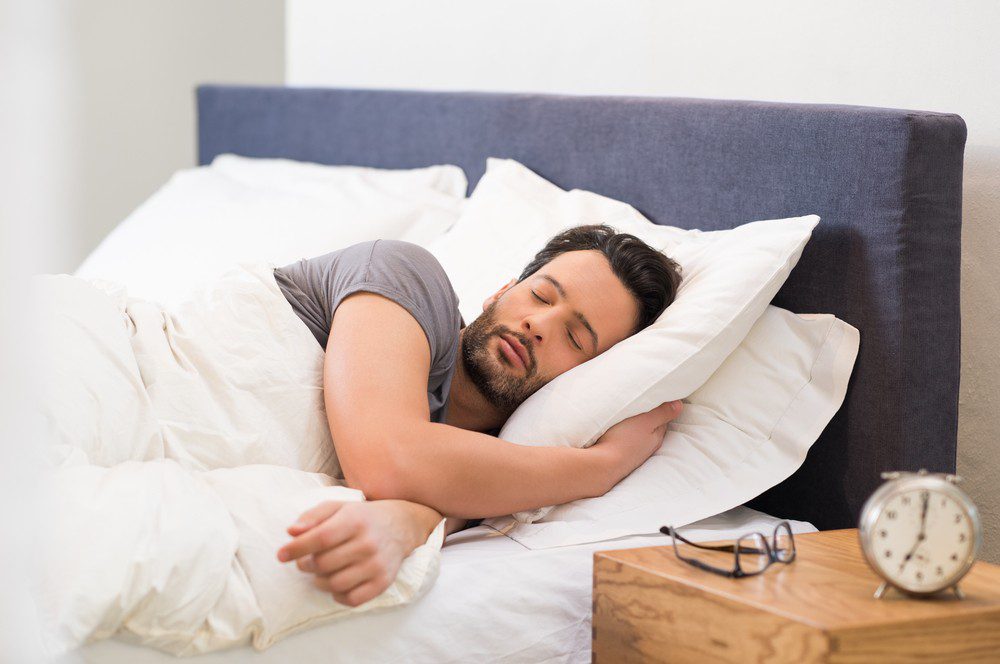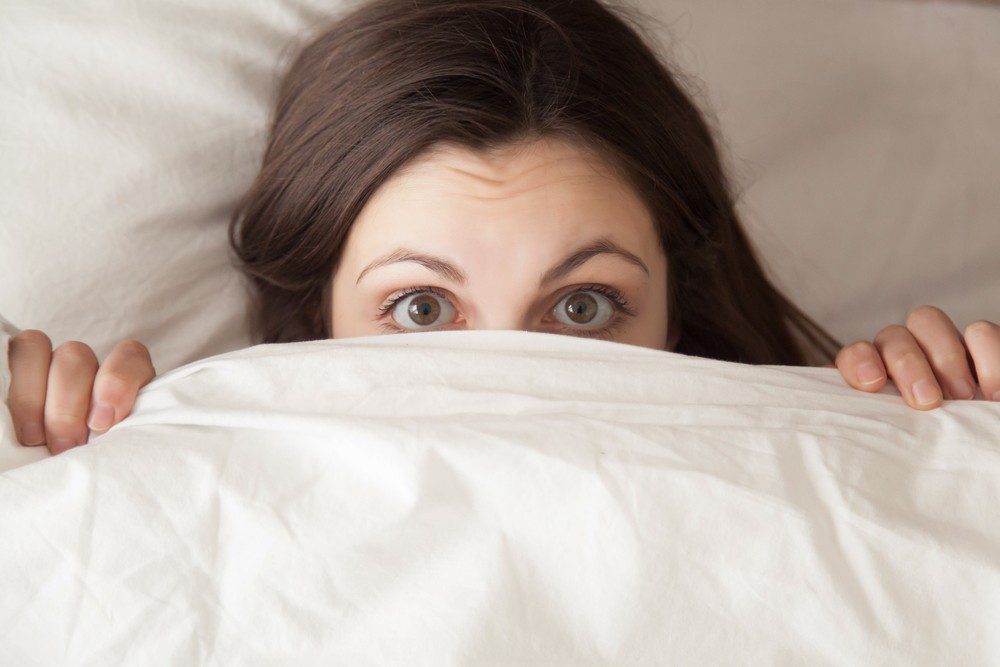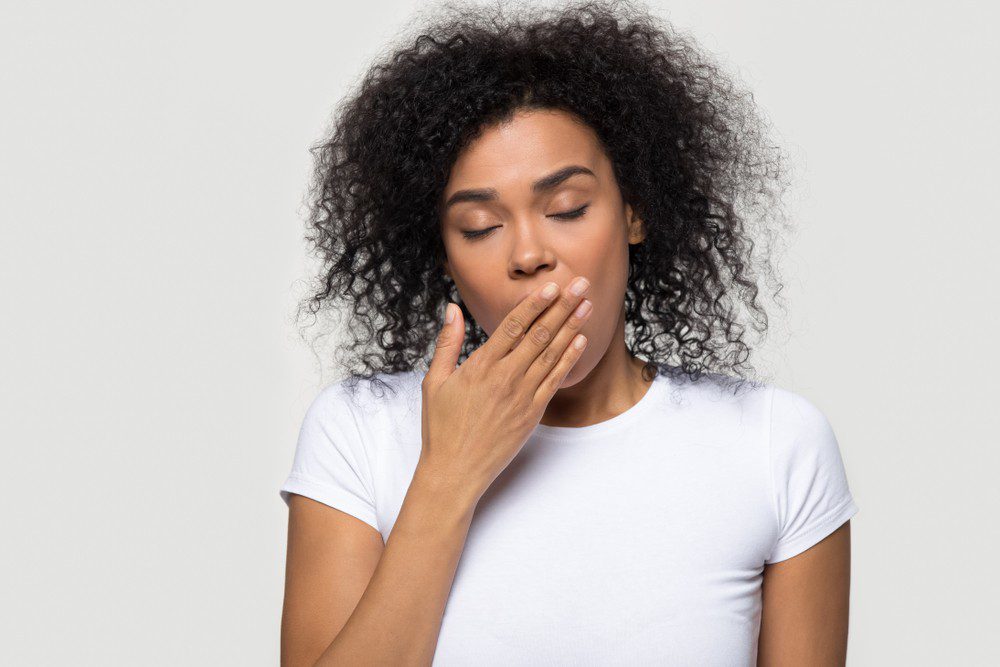
What kind of sleeper are you? Do you toss and turn or stay in one spot all night long? Do you sleep on your side, stomach or back? You may not think any of these things really matter, but as it turns out, this may be something you really have to consider if you think you could possibly be dealing with sleep apnea. So how does your sleeping position affect sleep apnea?
Side Sleeping
Do you sleep on your side? Did you know left- or right-side sleeping can affect your sleep quality in a few different ways?
Sleeping on your left side is actually a good thing and can even help you rest well and sleep better. Air and blood flow is best in this position, and there is almost no resistance to your breathing. However, those with congestive heart failure may have to think twice about his position as it may put more pressure on the heart.
Right-side sleeping also promotes excellent flow of air and blood throughout the body, so it’s good if you want to reduce the possibility of snoring. But because this position can relax the lower esophageal sphincter, you may have to think twice with this sleeping position if you’re dealing with acid reflux so the symptoms don’t worsen.
Stomach Sleeping
In this position, the tongue and soft tissue are likely to be pulled forward so there is less airway obstruction. While this will also reduce the likelihood of snoring, this position can worsen your breathing and sleep apnea if your face gets buried too far in the pillow to cover your mouth and restrict the flow of fresh air. And because your neck mostly faces the right or left side, this position may stress your neck, strain your shoulders and affect your posture, and therefore your sleep quality.
Back Sleeping
Back sleeping is also known as supine sleeping and is the least recommended position to sleep in by experts in many industries. This is because it helps the soft tissues of the airway relax, which in turn can lead to issues with airway resistance. This will increase your likelihood of snoring and thereby worsen your sleep apnea.
If you’re a black sleeper, it’s always advisable to train your body to sleep in one of the other positions, especially your side. Your sleeping position will affect how well you sleep, which is very important if you’re struggling with sleep apnea.
For sleep apnea and other related problems, you can schedule a visit or contact Dr. Norman and the Amy Norman, DDS team at 425-320-0702. We’ll be more than happy to help!



